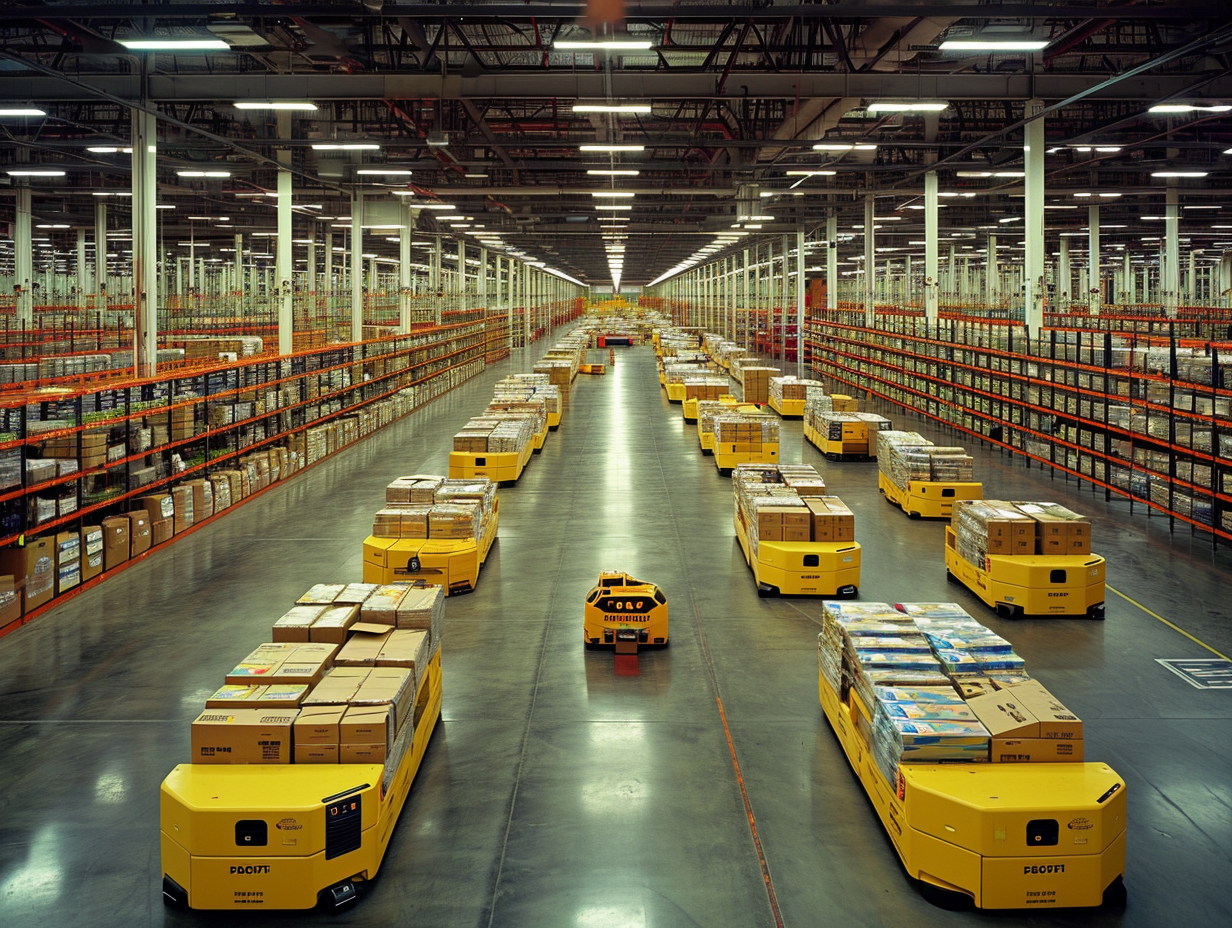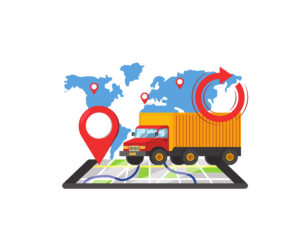What is distribution logistics and how it can help your business growth?
Transportation and logistics are the foundation of all trade, online and off. Distribution logistics combines all the moving parts that drive retail in particular. It’s a combination of processes that efficiently move goods from warehouse to end customer through the fulfilment process. Let’s look at the role distribution logistics plays in logistics services and the transport and distribution of goods.
What is distribution logistics?
We’ll start by clarifying our terms. Distribution logistics, a more significant logistics industry component, is a collective term for the processes and procedures behind successful order fulfilment services. This includes every step in the fulfilment process, from receiving orders from online retailers to fulfilment centre organization, logistics centre management, transport logistics, inventory management, and distribution channels.
The process of moving goods from a manufacturer or retailer to a distribution logistics agent is often called “first-mile delivery.”
What are the essential tasks of distribution logistics?
The primary task of distribution logistics is transporting goods from manufacturers and wholesalers to fulfilment centres. E-commerce operations and fulfillment providers depend on adequate inventory to meet customer expectations. Distribution logistics ensures that online orders, especially international trade, can be fulfilled promptly.
Distribution management aligns the various components involved in this process, including transport to the fulfilment centre location, warehousing and integrating with third-party logistics services used by fulfilment partners, transport agents and others.
Distribution vs Logistics – what is the difference?
It’s easiest to think of distribution as a subset of logistics. Distribution involves the physical transport of goods as part of e-commerce fulfilment. At the same time, logistics is a more extensive series of steps that see those goods handled by fulfilment experts to achieve greater efficiency in distribution.
Logistics providers are often involved in both distribution and logistics.

What channels can be used for distribution?
Most distribution channels fall into one of two basic categories — direct and indirect.
In digital logistics, direct channels include direct-to-consumer touchpoints in which the producer of a good sells directly to end users through their outlets. Those outlets can be traditional offline physical stores or online stores.
While direct distribution is possible for most types of goods, intermediaries, such as wholesalers and retailers, are often essential in distributing goods to consumers.
Indirect distribution channels involve an intermediary or broker between the manufacturer and the end consumer. This extra stage makes efficient distribution management and transport all the more necessary. These additional actors in indirect distribution include:
- Retailers, both online and offline
- Wholesalers, as is the case with most consumer goods
- Agents or authorized resellers who are given the rights to sell a particular brand in a specific region
More than one can be active in selling a particular item or brand. Indirect distribution channels requiring more comprehensive distribution logistics are pretty standard.
Distribution logistics outsourcing – is it worth investing in?
Distribution logistics services support e-commerce by carrying out tasks and processes usually outside your area of expertise. Working with logistics services providers for distribution and fulfilment means being able to focus on what you do best while handing over these essential tasks to professionals.
That means you can work on improving your online presence, product offering, or some other customer-facing aspect of your business while logistics services pros work in the background, distributing your products quickly and efficiently. In addition, your overall shipping costs are likely to be reduced.
Then there’s the issue of scaling up, a goal for every business. Doing so is much easier with a logistics services partner to help. Scaling beyond a certain point is challenging since you get involved in issues like warehouse expansion and hiring new staff to fill more orders.
You’re always better off with a logistics services partner to get your goods into the supply chain and to the warehouses run by fulfilment centres and logistics partners.
What are the challenges in distribution logistics?
Like any other industry, distribution logistics companies must deal with various issues that complicate logistics performance. Current challenges include:
- Increasing demand. The relentless expansion of e-commerce and the move from physical to online stores means a greater need for distribution logistics. While this is obviously a good problem for companies in the field, it means managing the challenges that growth brings, like recruitment and retention, expansion of physical infrastructure, streamlining operations at higher volumes, avoiding bottlenecks, and more.
- Variable demand. Specific periods on the retail calendar, like Black Friday, produce sharp spikes in demand that must be met, while other periods during the year are difficult to forecast.
- Rising costs. Like everywhere else in the economy, the costs of labor, materials, and other inputs are rising. Staying competitive on price means carefully optimizing all processes in distribution logistics.
- Inventory tracking. Digital solutions are the industry standard here. Still, the nature of handling physical goods at high volume will always result in occasional problems with locating and shipping the proper inventory at the right time.
Summary
Distribution logistics is a quiet but essential part of larger supply chain processes. Without effective distribution logistics, fulfilment services would come to a standstill, waiting to be resupplied with the items they are supposed to be shipping to customers.
Success in e-commerce depends on many factors, but reliable and efficient distribution and logistics support is necessary. After all, it doesn’t matter how many customers you can attract or how many orders they place if you can’t effectively fill those orders in a short time.
Services
Contact us






